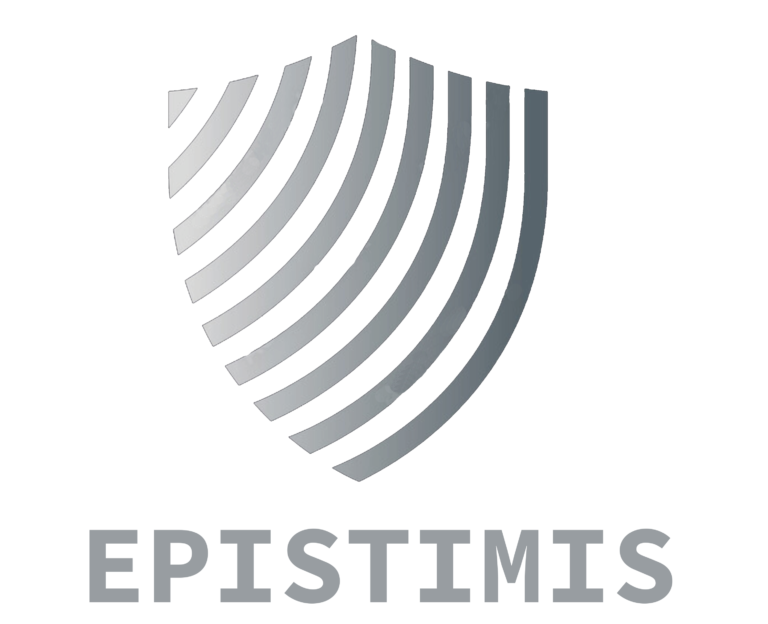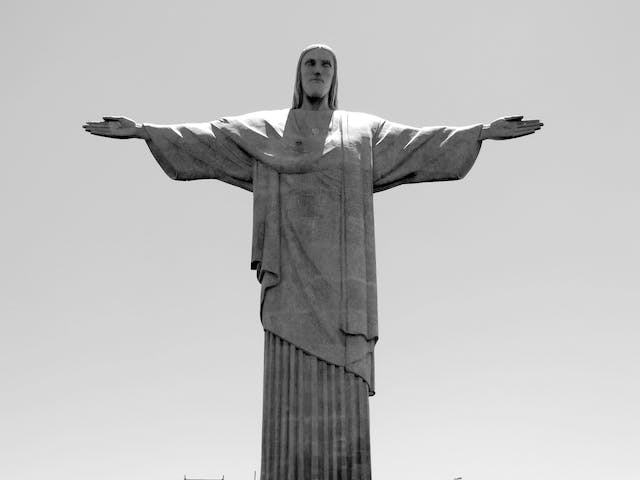On August 14, 2018, Brazil enacted its data privacy legislation, referred to as the Brazilian General Data Protection Law (Lei Geral de Proteção de Dados), commonly known as LGPD. This legislation drew inspiration from the European Union’s General Data Protection Regulation (GDPR) and seeks to govern the handling of personal data within Brazil. Taking effect on September 18, 2020, subsequent to a transitional phase, LGPD applies to both individuals and legal entities involved in processing personal data within the nation. Additionally, it extends its jurisdiction to encompass the processing of personal data of individuals situated within the country, irrespective of whether the data processing is executed by entities located beyond its borders.
Comparable to the GDPR, LGPD necessitates that entities establish legitimate grounds for processing personal data. These grounds comprise obtaining explicit consent from the data subject, fulfilling contractual obligations, adhering to legal mandates, safeguarding life or physical well-being, exercising rights in legal or administrative proceedings, and pursuing the lawful interests of the data controller. Furthermore, LGPD endows data subjects with several rights, encompassing access to their personal data, rectification of inaccurate information, data erasure, data portability, and the ability to object to specific data processing activities.
Organizations that handle substantial data volumes, sensitive information, or consistently monitor data subjects are obligated to designate a Data Protection Officer entrusted with overseeing data protection efforts. The legislation necessitates organizations to promptly notify both the Brazilian Data Protection Authority (ANPD) and affected individuals in the event of a data breach that jeopardizes the rights and freedoms of data subjects. While cross-border transfers of personal data are permissible, the transmitting entity must ensure that the recipient country provides an adequate level of data protection. Alternatively, organizations can utilize approved safeguards such as standard contractual clauses or binding corporate rules to ensure compliance. Non-compliance with LGPD can entail severe repercussions and penalties.
Data privacy regulations, such as the Brazilian General Data Protection Law (LGPD), exist to set up rules for how personal information can be collected, used, and stored. The goal is to protect people’s rights and privacy. These rules try to find a fair balance between organizations’ need to use personal data and people’s rights to keep their information safe and respected.
Data privacy regulations like the LGPD have the following key goals:
- Protecting People’s Rights: These rules safeguard individuals’ rights and freedom when their data is used. This includes privacy, control over info, and knowing how data is used.
- Being Transparent: Organizations must be open about data practices. They need to explain why they collect data, what data, how it’s used, and who sees it.
- Getting Permission: For data privacy, consent matters. Organizations must ask for clear permission before using personal data. Consent should be given freely, and people can change their minds.
- Giving Control: People get rights with these rules. They can access, correct, delete, limit, and move their data.
- Being Responsible: Organizations must follow data protection rules. They need security to prevent breaches, and they might have a Data Protection Officer to oversee things.
- Managing Global Data: These rules cover data moving across borders. Organizations must keep data safe during transfers and respect people’s rights, even when data goes to other countries.
Data privacy rules usually cover different groups involved in handling personal data:
- Data Controllers: These can be entities or individuals who decide why and how personal data is used. They need to follow the rules and often collect data directly from people.
- Data Processors: These are entities or individuals who work with data for data controllers. They must do as the controller says and ensure data safety.
- Data Subjects: These are the people whose personal data is used. Rules give them rights and protection over their data.
- Data Protection Authorities: These are government groups that make sure data rules are followed. They guide, investigate complaints, and give penalties for not following the rules.
Enforcement Mechanisms or Penalties for Violations of the Regulations
- Hefty Fines for Non-Compliance: A significant method to enforce these regulations involves imposing substantial fines on organizations found in breach of data protection standards. These fines can be substantial and are often determined based on factors such as the severity of the violation, the number of affected individuals, the type of data involved, the organization’s past compliance history, and the actions taken to address the violation. The fines can reach a maximum of 2% of a company’s annual revenue within Brazil, capped at a total of 50 million Brazilian reais (BRL) per violation.
- Providing Guidance and Corrective Measures: When minor or initial rule breaches occur, the ANPD can issue alerts to organizations, prompting them to address the problems. Additionally, the ANPD has the authority to enforce corrective measures, obligating organizations to take specific actions to align their data processing practices with the regulations.
- Halting Personal Data Processing: In cases of serious non-compliance, the ANPD can suspend or prohibit organizations from handling personal data. This action can have significant consequences, potentially disrupting the normal operations of the organization.
- Public Disclosure of Violations: The ANPD is empowered to publicly reveal instances of data protection violations, disclosing the names of involved organizations and details about the violations. This measure can impact an organization’s reputation and encourage them to give higher priority to data protection.
- Legal Recourse: Individuals who believe their data protection rights have been violated can take legal action against organizations. They have the right to seek compensation for any harm resulting from breaches of the LGPD.
In summary, data privacy rules like the Brazilian General Data Protection Law (LGPD) exist to protect people’s details and ensure that organizations handle them responsibly. These rules grant individuals rights, like understanding how their data is used, correcting mistakes, and requesting data deletion. Organizations have important duties: being transparent about data use, getting permission before using data, and securing it from unauthorized access. Breaking these rules leads to penalties, pushing both people and organizations to value data privacy.

